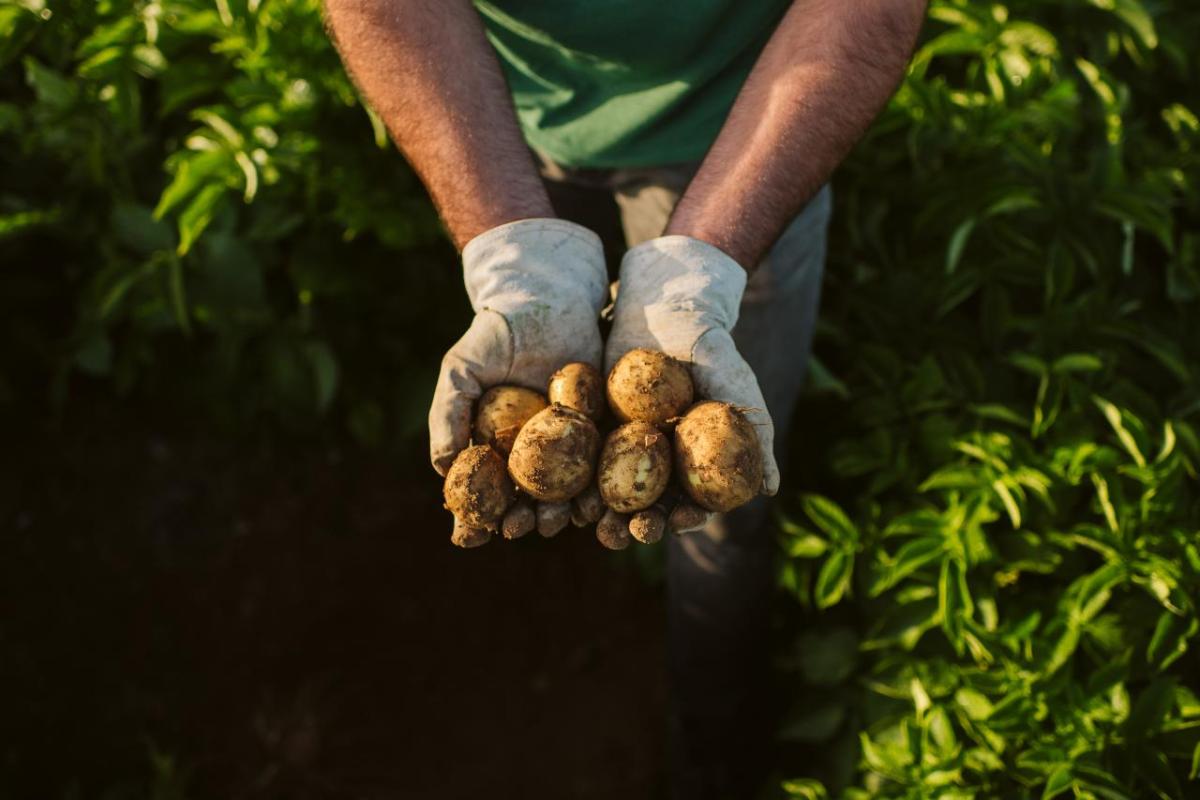The Nature of Capital: At Green-Leaning Companies, Sustainability Officers Stay the Course
By Matt Alderton

Originally published on USA Today
DAVID ALLEN
PepsiCo Foods North America
Doritos are delicious. Quaker Oats are nutritious. And Funyuns are... well, fun. But can snacks be sustainable? To prove they can be, PepsiCo in 2021 launched PepsiCo Positive, or pep+, a strategic initiative to put sustainability at the center of its global operations.
Leading the charge at PepsiCo Foods North America — the $26 billion snack and convenient food business that includes Frito-Lay North America and Quaker Foods North America — is Vice President and Chief Sustainability Officer David Allen.
“It’s incumbent on us as a large organization with a large amount of reach to be leaders in this,” Allen explains.
A key focus of pep+ is agriculture. In 2023, PepsiCo announced a seven-year partnership with Walmart to scale water- and soil-improving regenerative agriculture practices across 2 million acres of farmland for nearly 4 million metric tons of greenhouse gas emission reductions and removals by 2030. Eventually, farmers will adopt similar practices across the company’s entire agricultural footprint — approximately 7 million acres, Allen says.
In pursuit of net-zero emissions by 2040, PepsiCo also is working to decarbonize its fleet. Last year alone, it put into service more than 700 new electric vehicles. Meanwhile, it plans to design 100 percent of its packaging to be recyclable, compostable, biodegradable or reusable by 2025. In fact, Frito-Lay and Quaker last year opened a new “Greenhouse Learning Center” dedicated entirely to the development of compostable packaging.
Given PepsiCo’s size — more than 300,000 people operating in more than 200 countries — change won’t come easy. But it will come, Allen promises.
“We’re clear-eyed about the challenges, but I’m really excited and very optimistic about the trajectory we’re on,” he says, citing the CSO role as a key enabler. “I think of myself as being a head coach of sustainability. ... It’s about listening and learning from the diverse talent that exists within the organization, then bringing all of their ideas to bear so we can get to the best solution to make as much progress as we can, as fast as we can.”
Continue reading here

